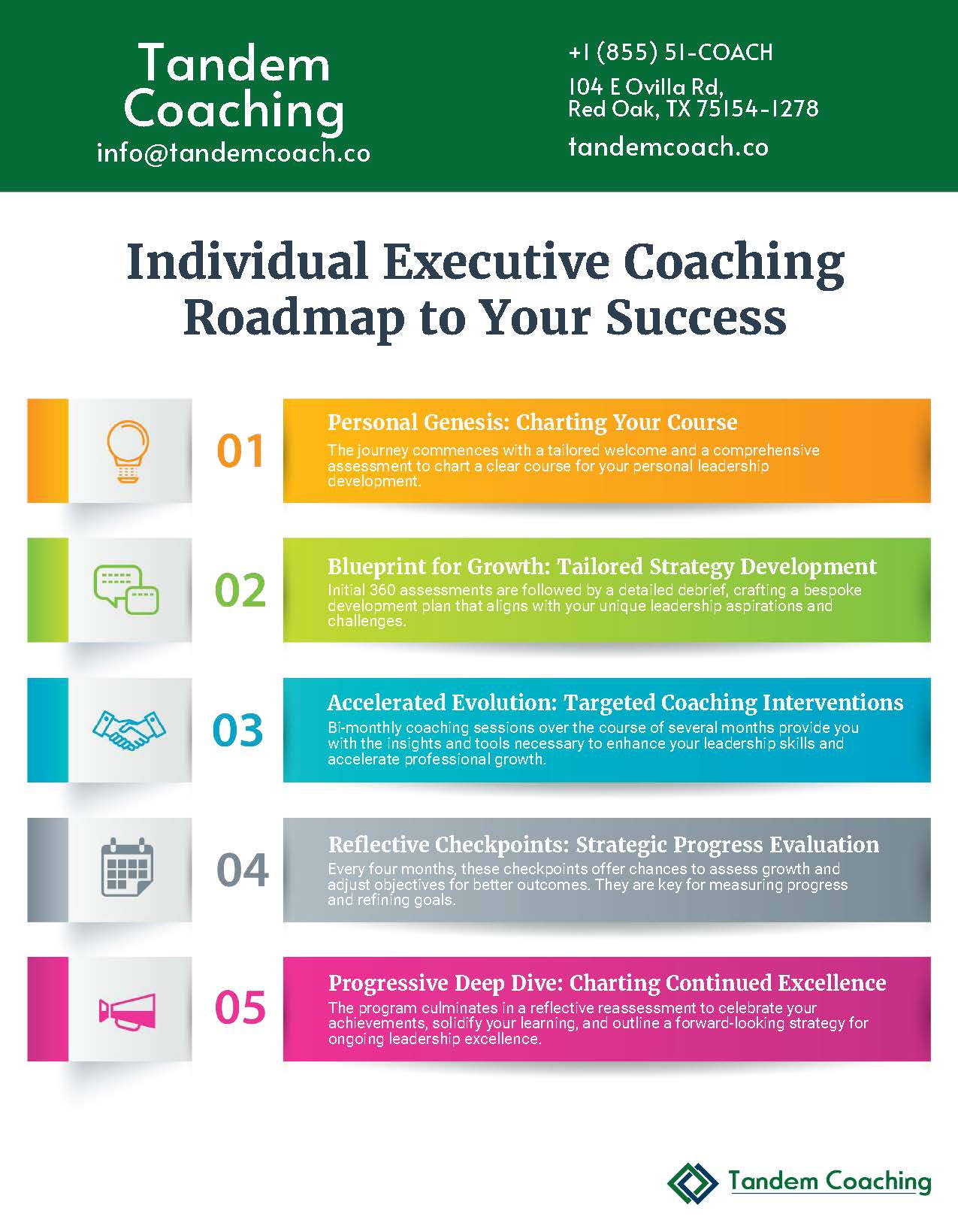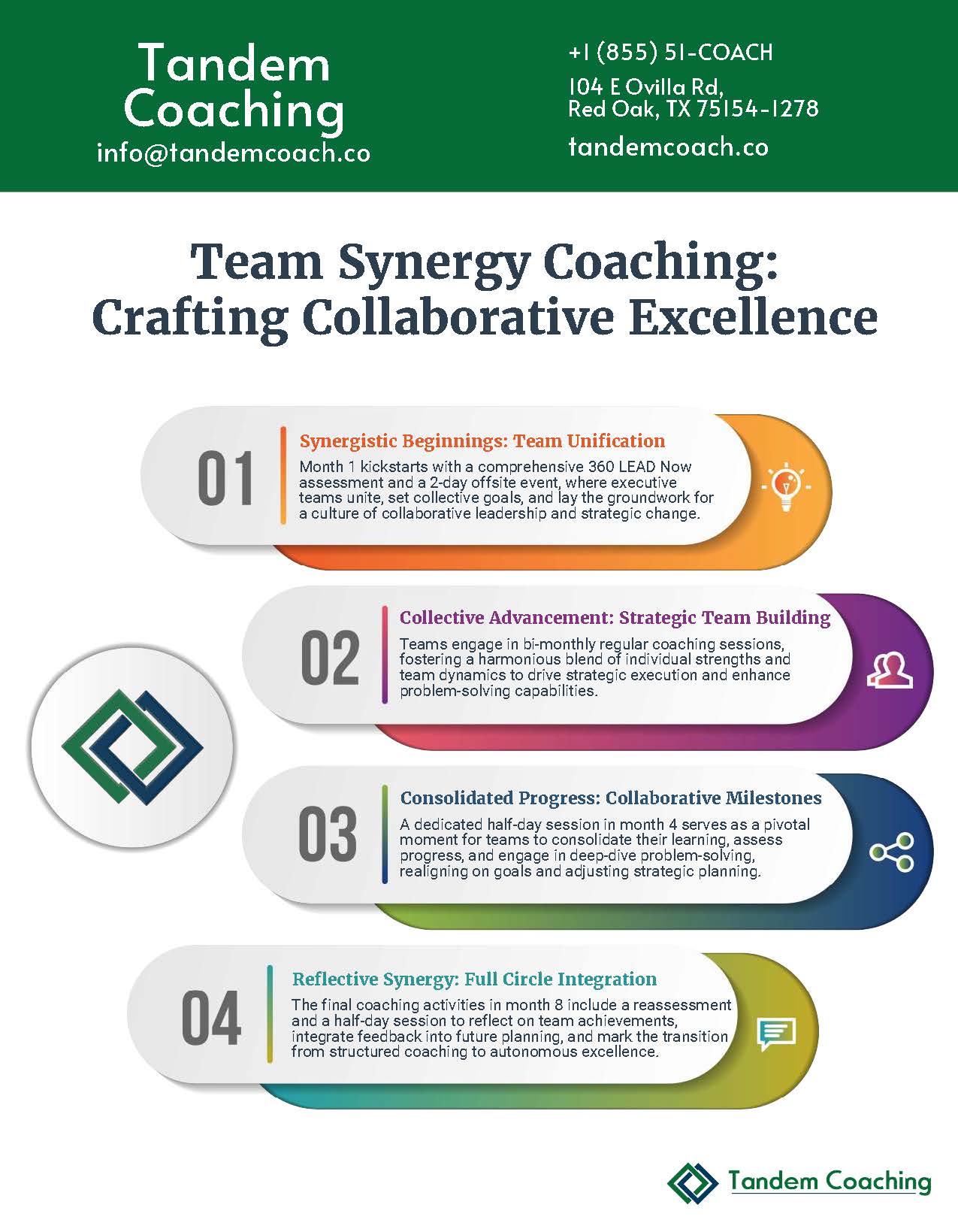Hi, Cherie here! Last week, we explored five foundational NLP presuppositions that can significantly enhance coaching practices for leaders and executives. Today, we’re diving into another set of NLP principles that promise to further refine our coaching approach, specifically tailored for individuals in leadership positions.
Continuing Our Journey with NLP Presuppositions
1. All Actions Have a Purpose
Actions are purposeful, stemming from intent rather than randomness. This understanding enables us as coaches to seek out and add choices and resources for our clients, fostering a deeper comprehension and compassion for their actions based on their positive intent.
2. People Make the Best Choice Available
At any given moment, individuals make the best choice available to them, considering their understanding and resources at that time. This perspective encourages a non-judgmental coaching environment, promoting empathy and support for the client’s decision-making process.
3. We Have the Resources to Achieve What We Want
The belief that there are no unresourceful people, only unresourceful states, shifts the focus towards empowering clients. By identifying and mobilizing internal resources, we can guide clients towards achieving their desired outcomes.
4. If Someone Can Do It, Anyone Can Learn It
Modeling excellence by observing and learning from those who excel in a desired skill or behavior demonstrates that with the right strategies, beliefs, and steps, achieving excellence is possible for anyone. This presupposition is particularly motivating in leadership development.
5. Experience Has a Structure
If an approach isn’t working, the solution is to try something else. This flexible mindset encourages experimentation and learning from experiences, reinforcing the idea that success often requires a willingness to adapt and change strategies.
6. People Work Perfectly
Recognizing that people excel at their actions encourages coaches to question whether those actions align with the individual’s needs. This leads to a deeper exploration of the strategies and beliefs required to fulfill those needs effectively.
7. Choice is Better Than No Choice
Expanding options beyond a binary choice to a range of possibilities opens up new pathways for decision-making and problem-solving, empowering leaders to navigate complex situations with greater agility and creativity.
Incorporating these NLP presuppositions into your coaching toolkit can profoundly impact how you support leaders and executives in their growth and development. By embracing these principles, we can facilitate more nuanced, empathetic, and effective coaching interactions, paving the way for transformative leadership development.
Until next time, Cherie 💚



















